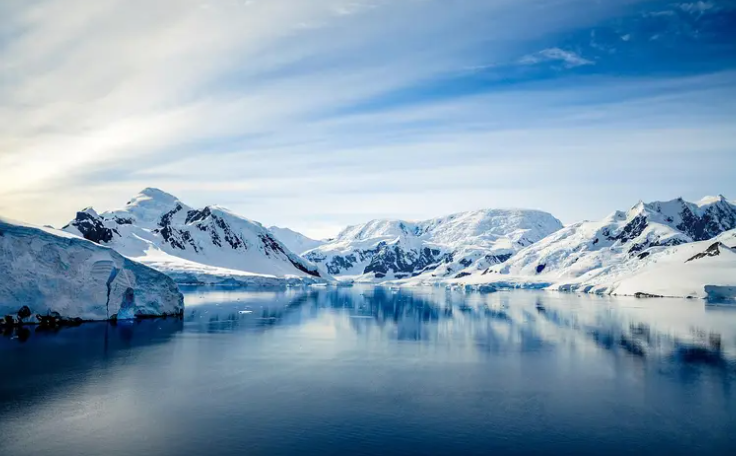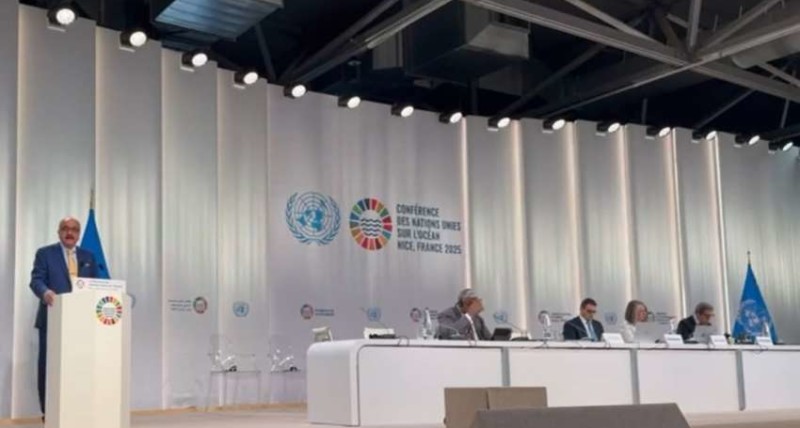The Antarctic research lab of Rio de Janeiro State University (UERJ) became the set for Pole to Pole, an upcoming National Geographic series. Alongside actor Will Smith, the Brazilian lab is leading a scientific mission to the far south in an effort to better understand and combat climate change.
From Hollywood to Icebergs
Will Smith in Antarctica may surprise fans of Men in Black, but the actor has traded California’s palm trees for penguins and ice in Pole to Pole, whose filming began in 2023. The actor joined UERJ’s climate research lab for the series’ first episode. “We were chosen to represent Antarctica,” said Professor Heitor Evangelista, who heads the lab. The goal of Pole to Pole is to spotlight “research centers that are trying to work differently,” he explained.

Understanding Brazil Through Antarctica
“Our research on climate change got us selected,” Evangelista said. The lab is part of the Antártica Brasileira program, active for over 40 years. Researchers there track both natural and human-driven climate changes by monitoring greenhouse gases and sea levels, aiming to assess the broader impact on the atmosphere.
But their work extends far beyond Antarctica. By analyzing particles from Amazonian fires that end up frozen in Antarctic ice, the researchers gather insights into mosquito proliferation — a crucial issue in Brazil, where more than 6.4 million people contracted dengue in 2024, and nearly 6,000 died from the disease, according to Brazil’s Ministry of Health. “We need to understand how mosquitoes will evolve as temperatures rise,” said Evangelista.

Sustainability in Action: Zero Waste and Green Energy
Evangelista, who has participated in the program for 35 years, has seen the ice retreat drastically. “Thirty years ago, the Brazilian ship had to break through thick ice to reach land. Today, that’s no longer the case,” he recalled.
To minimize the lab’s environmental impact, researchers now rely entirely on solar and wind power instead of fossil fuels. During missions, they live in tents and leave no waste behind. “As climate scientists, we simply can’t act otherwise,” said Evangelista.
Still, he acknowledges a major issue: the journey. Traveling to Antarctica by plane or ship burns fuel. “Producing CO₂ as a climatologist undermines my work,” he admitted. To offset their carbon footprint, the lab plans to launch a reforestation project next year in Brazil’s Atlantic Forest, one of the most deforested regions in the country. While the initiative is ambitious, it faces challenges — notably the fact that a single tree takes around 23 years to effectively absorb CO₂.
Source: lepetitjournal



